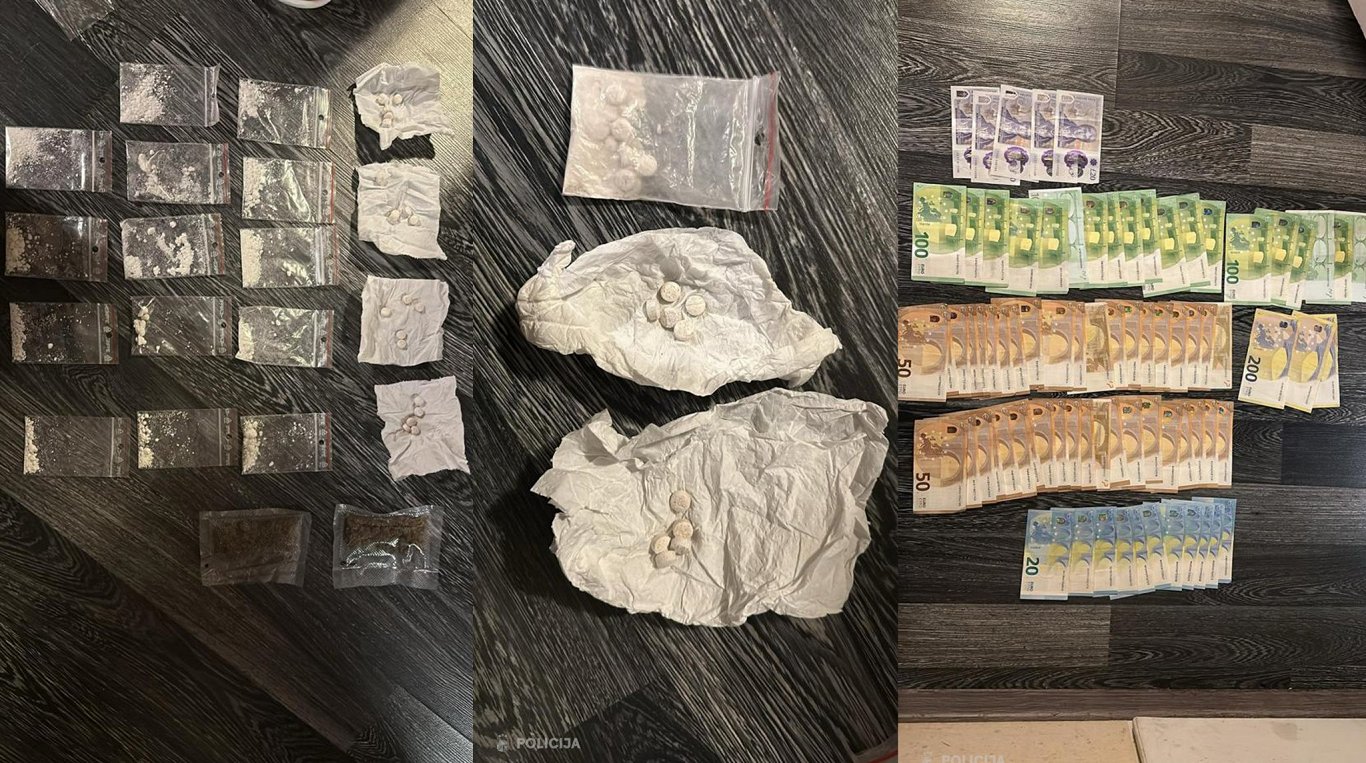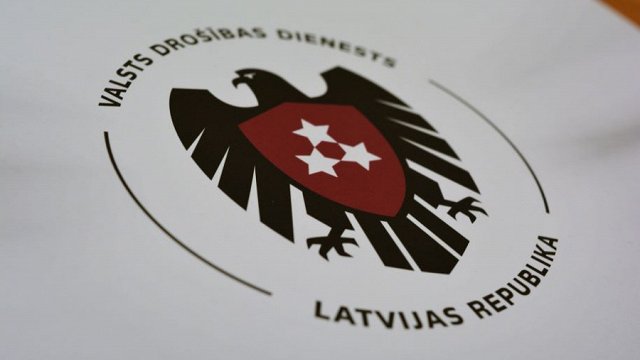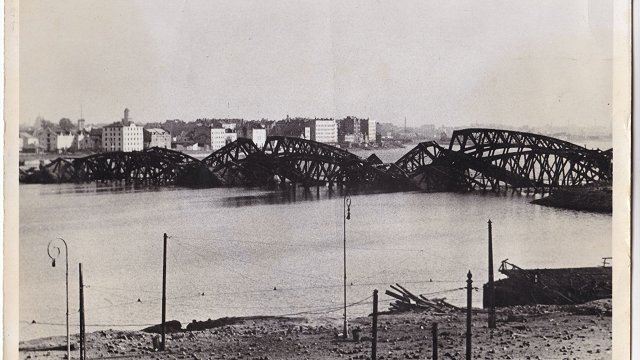Headquartered in The Hague, the Netherlands, Europol’s mission is to support its Member States in preventing and combating all forms of serious international and organised crime, cybercrime and terrorism.
Europol’s new report entitled “Decoding the EU’s most threatening criminal networks”, delves into the characteristics of the criminal networks that pose the highest threat. This Europe-wide analysis focuses on criminal actors in a first-of-its-kind mapping of the most threatening criminal networks. It describes, in detail, how the most threatening criminal networks are organised, which criminal activities they engage in, and how and where they operate. It also assesses which of their characteristics increase the threat posed by these networks.
"Serious organised crime continues to represent a major threat to the internal security of the European Union (EU). To effectively prioritise resources and guide policy action, law enforcement and policymakers need to build a clear understanding of the most threatening criminal networks active in, and affecting, the EU," Europol said.
As far as Baltic organized crime is concerned, the report says:
"Eastern European networks with criminal nationals from Baltic States (Estonia, Latvia and Lithuania) show a strong connection with each other and with Russian nationals. Within these networks, the leadership may be taken up by any of these nationalities. The networks are mostly active in drug trafficking (cocaine, cannabis and synthetic drugs), money laundering, tobacco smuggling and trafficking in human beings (THB) for labour exploitation. Their main countries of activity are Estonia, France, Germany, Latvia, Lithuania, the Netherlands, Poland, Spain, Russia and the United Kingdom."
The Baltic states, including Latvia, are particularly mentioned in connection with synthetic drugs production.

"Synthetic drug production and trafficking has expanded from the traditional production region in Western Europe (countries such as Belgium and the Netherlands) to the East (some Baltic States, Eastern European countries and countries bordering the EU such as Ukraine). Legal business structures (LBS) in the import/export, port logistics and transport sector play an important role in the drug trafficking process, and are often set up or infiltrated by criminal networks. They provide cover to hide drugs, facilitate transport, extract and store trafficked drugs with a legal front. LBS are also used for the laundering of criminal profits, using companies in the construction, real estate, retail and catering and hospitality sectors," the report says.
Latvia is also mentioned in connection with excise fraud.

Speaking at a press conference on the occasion of the presentation of the main findings of the report, Europol’s Executive Director, Catherine De Bolle, said:
Criminals thrive in secrecy, but we are changing that. This Europol report is the most extensive study on key criminal networks ever undertaken at the European level by law enforcement. Thanks to the collaboration of all EU Member States and 17 Europol partner countries, we are shining a light on the activities of the most threatening criminal networks in the EU. This data, now centralised at Europol, will give law enforcement agencies the edge they need to better target and conduct cross-border criminal investigations.
All EU Member States and 17 of Europol’s partner countries contributed data to identify the most threatening criminal networks in Europe. This resulted in a unique dataset of 821 highest-risk criminal networks, with extensive information on all aspects that describe them and help assess their threat.
These criminal networks, whose membership exceeds 25 000 individuals, were selected based on criteria around the threat they pose. These networks are active in a range of crime areas, from drug trafficking to migrant smuggling, property crime and others.
The full report is available here and you can watch a video of the presentation of the report in the video below.

























